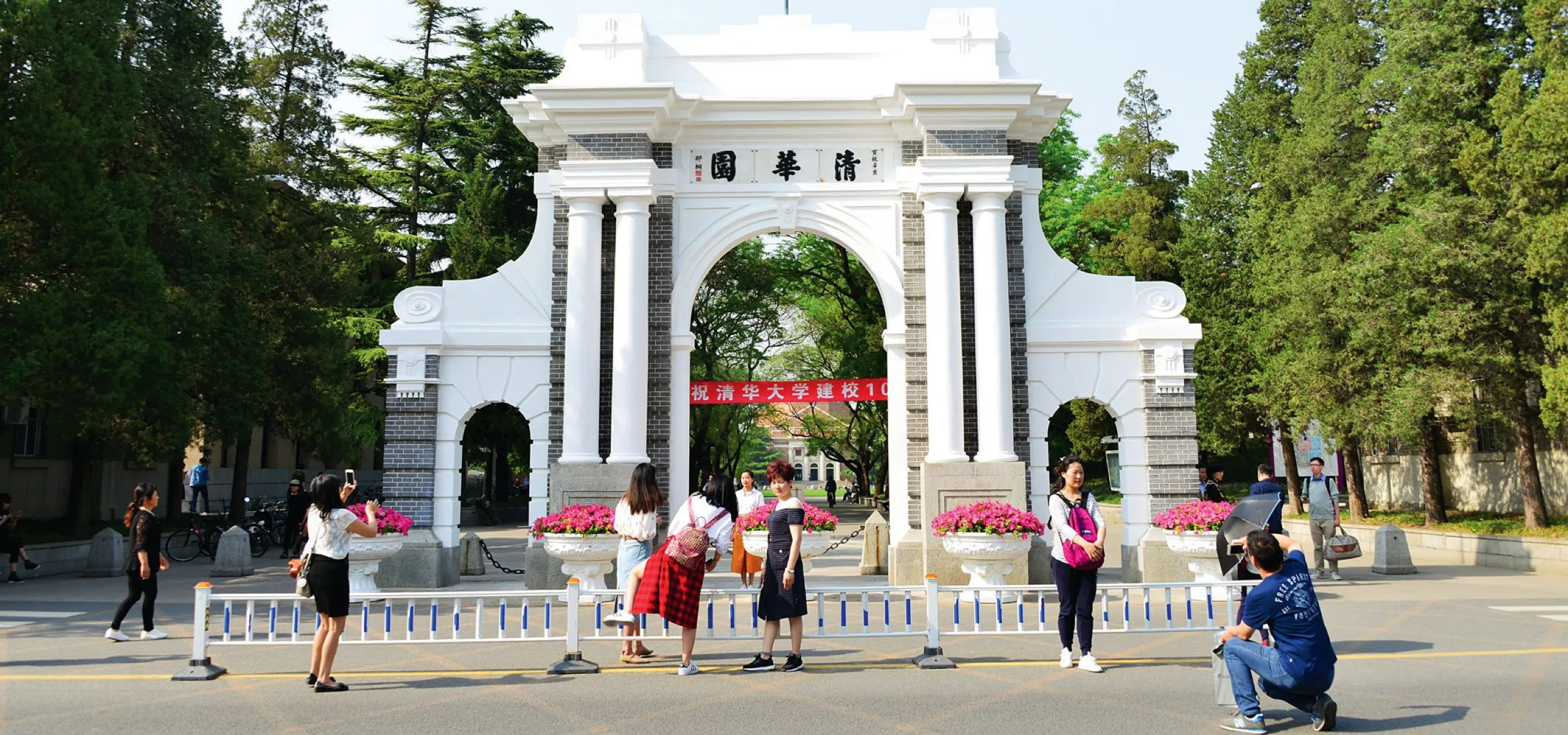MBA programs offer the most expensive education in the country—but are they little more than a status symbol?
What happens to a company equipped with 34 current or aspiring CEOs, instead of just one? The Haidian District People’s Court of Beijing has the answer—it goes bankrupt.
According to the court’s Weibo, the distressed company was established in December 2014 by students of a Tsinghua University CEO program, following a crowdfunding round on the group’s 120-member WeChat group that raised 6.8 million RMB from 34 investors to run a restaurant by the east gate of Tsinghua University. At the time of writing, that eatery boasts assets totaling nearly 5,000 RMB, and a debt of over 3 million RMB.
While details of the relationship between the budding CEOs and Tsinghua’s business program remain sketchy, the post garnered 20 million views and 670,000 comments, most wondering why a company run by supposed elites trained by the top academy in the country would flop so spectacularly.
It may be a reflection of the education on offer: The “CEO program,” or Executive Master of Business Administration (EMBA), is a part of a large and profitable education sector in which students enroll hoping to become China’s next Jack Ma. When the degree was introduced in 1991, nine universities were authorized to offer EMBAs by the Ministry of Education, but the number had risen to 236 by 2011, and nearly half a million people held the degree as of January 2016.
Generally, the EMBA is targeted at current or potential senior managers. Applicants need a college diploma and a minimum three years’ working experience, and receive the degree after one or two years of study with courses given over four consecutive days each month. At the Cheung Kong Graduate School of Business, an elite independent business institute established with the support of the Li Ka Shing Foundation, courses can cost up to 698,000 RMB for a two-year certificate.
However, even the idol of EMBA candidates, Alibaba’s CEO Jack Ma, had been questioning the value of these courses. “[The students] are very smart before the MBA study, but turn stupid after finishing it,” Ma, a self-made billionaire, declared at the Global Transformation Forum 2017. “Their thinking is constrained by the theories of professors and economists.” Of course, studying for an MBA is often a bureaucratic requirement for climbing the corporate ladder, rather than an individual bid for success.
Still, even a mediocre degree at brand-name universities like Peking University and Tsinghua can be an excellent networking opportunity—and not just for business. Tian Pujun, a producer, actress, and columnist perhaps best known as the wife of Chinese real estate CEO Wang Shi, met her husband in the Cheung Kong course. And even if you don’t manage to marry a millionaire, a Tsinghua certificate from any subject is a recognizable status symbol—or even an attractive decoration to hang prominently on the wall of that restaurant you always wanted to open.
Masters of None is a story from our issue, “Curiosities and Quests.” To read the entire issue, become a subscriber and receive the full magazine.












